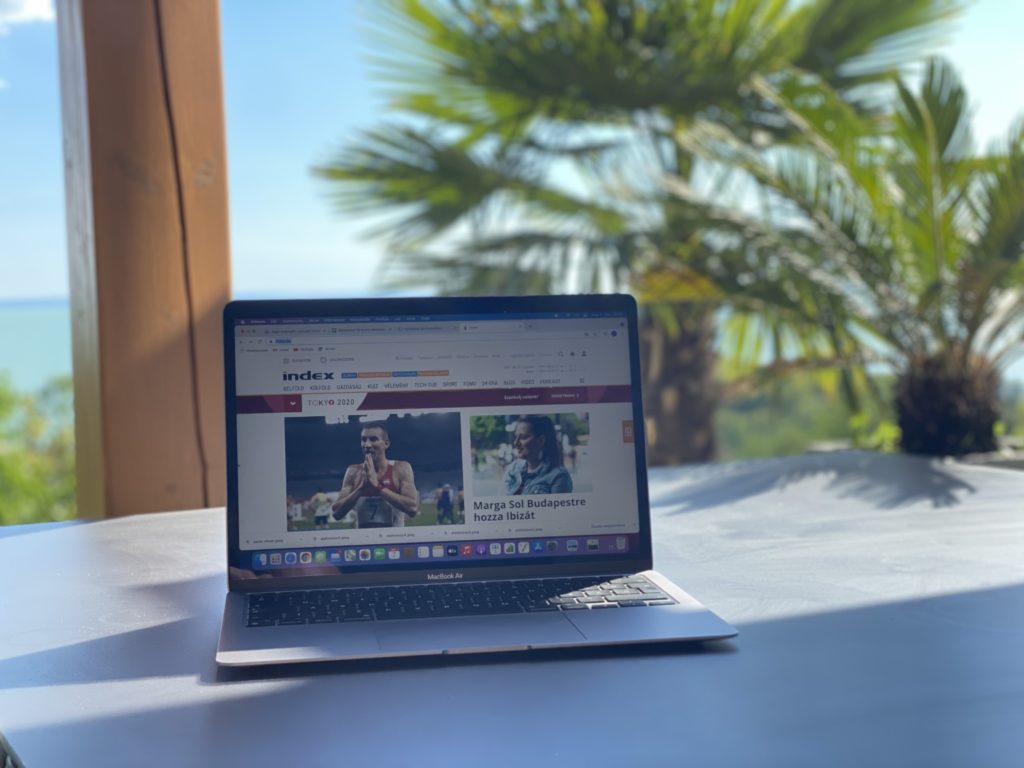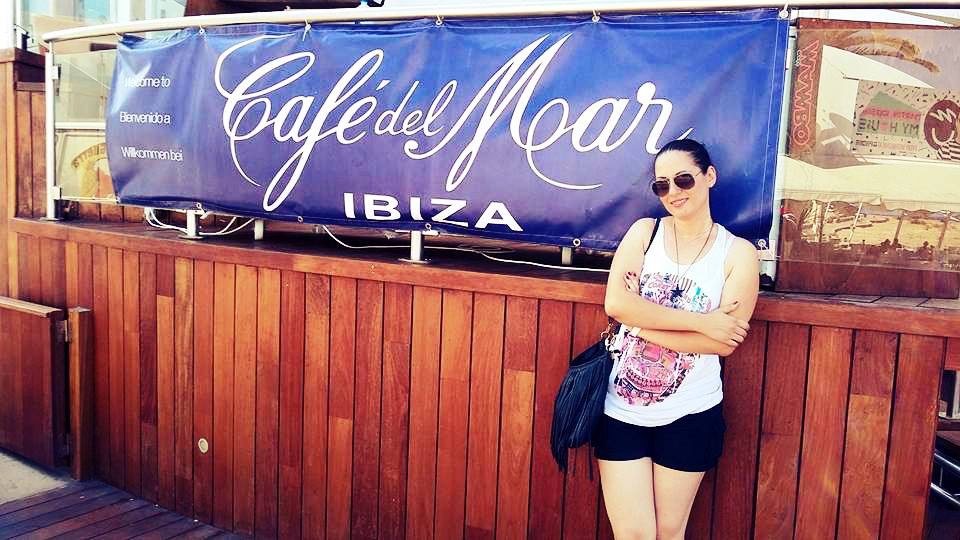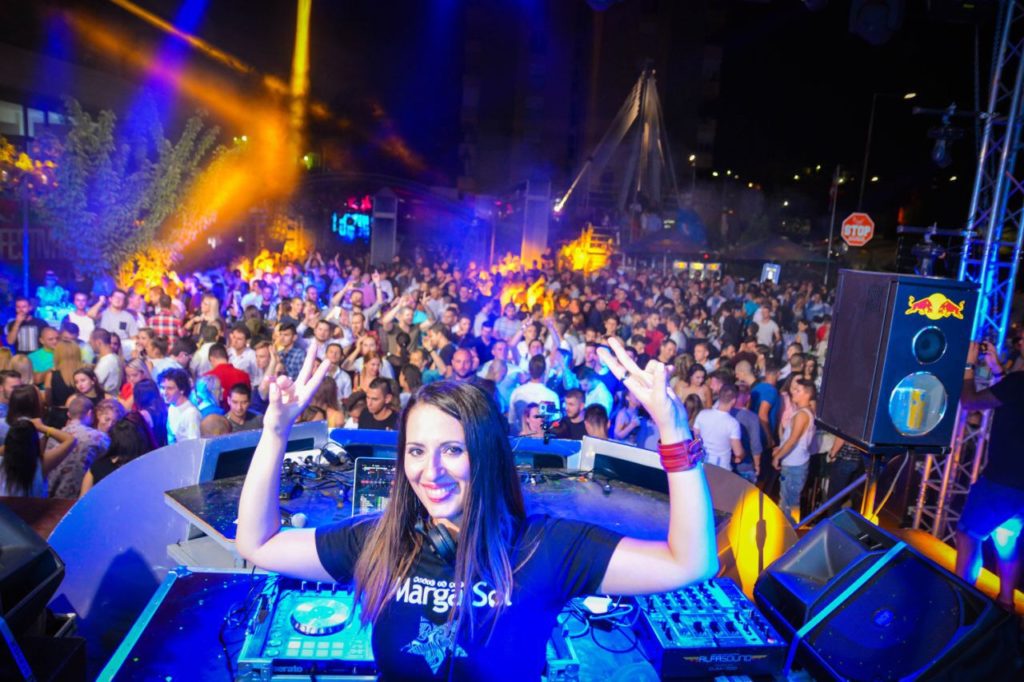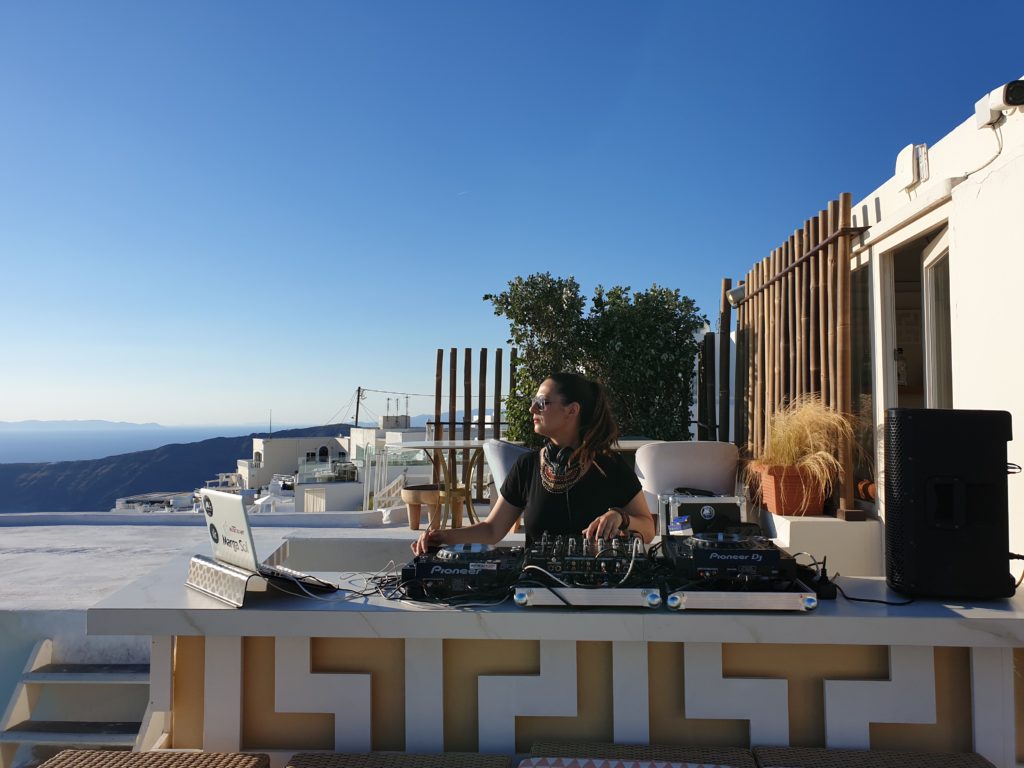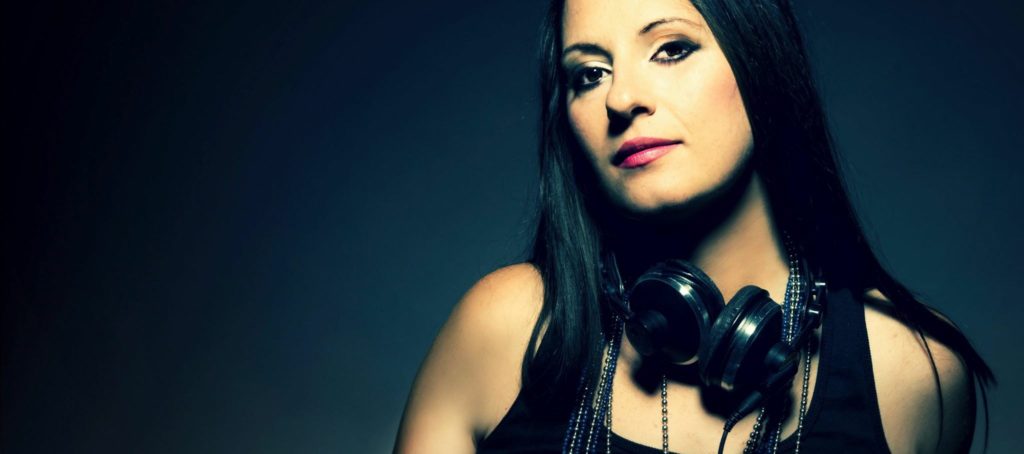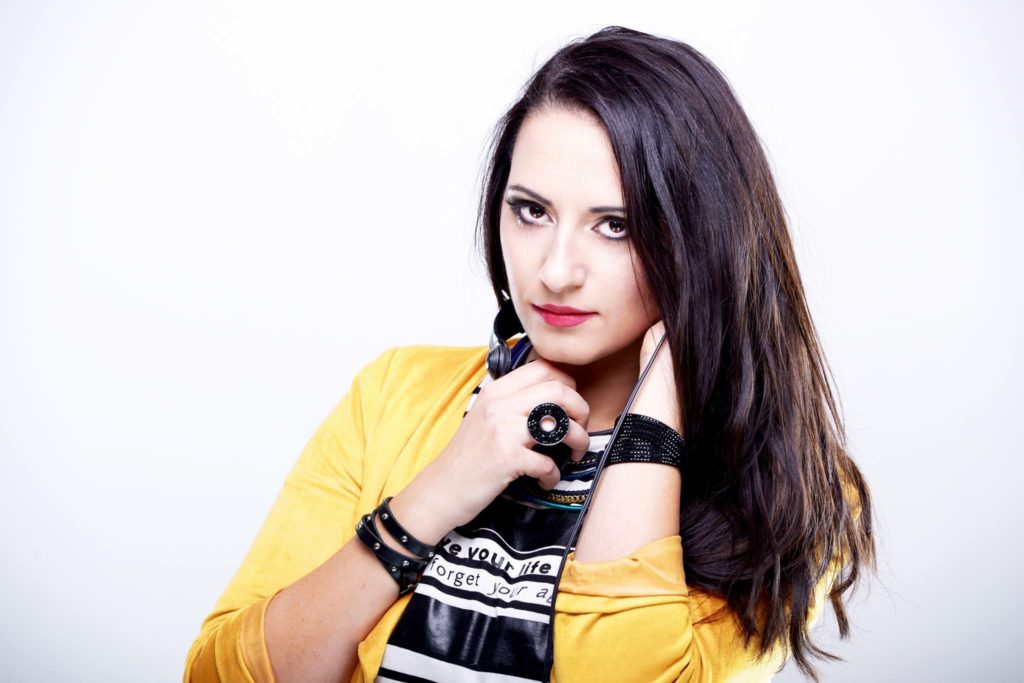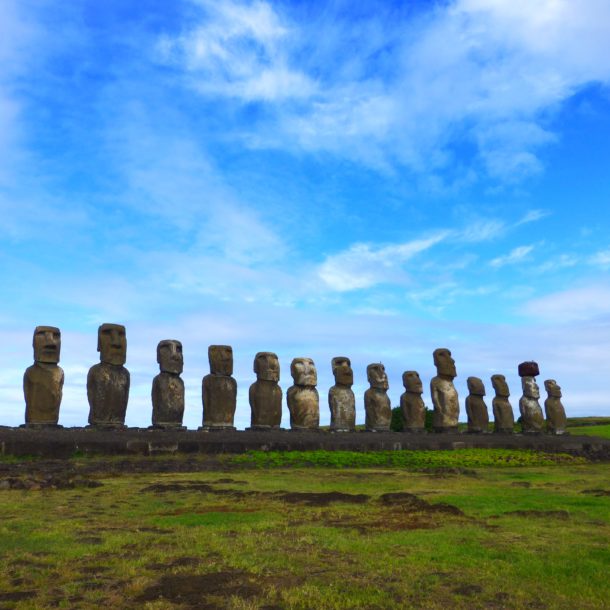
Marga Sol was recently interviewed by the BIGGEST Digital Magazine “INDEX” in Hungary by posting this interview on the front/home page. Take a look and read about Marga Sol’s beginnings, her opinion on Female Djs, Dj Work, Music producers and creating Music itself…
Before the interview, you said that you had visited Hungary several times, but you are playing live for the first time in Hungary. When do you perform?
I first visited Hungary two years ago, when I met the Balatonica team. I really choose who I work with, and the guys ’enthusiasm, their love for chillout-style music, their future plans, the structure of Balatonica Chillout & Uplifting Radio, and their personality were immediately captured: incredibly positive and energetic. We became friends, and thanks to that, I will perform on the Fröccsterasz in Budapest on August 7, and 4th of September on Balaton Part Festival this Summer.
You toured half of the world with your music. How does someone become a successful DJ?
I always loved to party, I danced in the front row at all parties. The first DJ I met in Skopje, my hometown, was Roger Sanchez. It’s been almost twenty years ago. I was completely enchanted by the way he played music, the way he communicated with the audience. I was still studying journalism at the time, and worked as a graphic desginer. From my saved money, I bought my first dj equipment and it was one of the happiest moments of my life. I started playing music at home and a friend of mine, a DJ recommended me to different places, so that’s how I started. I enjoyed what I was doing. If you are unique, passionate and persistent, after a while, people and managers will also start to notice it. At first I only played in my country, later I got to the neighboring countries, Albania, Greece (Mykonos, Santorini, Khalitea), then came Romania, Spain (Ibiza), Mexico, Dominican Republic and Caribbean islands.. So I also started to work with famous publishers as well, like Sony Music, Universal, EMI, Housesession, George V (Buddha Bar editions), Aluminium Records Ibiza, Kontor Music, Ministry Of Sound and many more.
Does personality matter?
Very. People are most attached to your person/ality first, then qualities. It’s important to be unique, as there is a difference between professional DJs and regular Disc Jockeys. What a disc jockey does can be done by almost anyone: he sorts the music and plays the selections. If you are unique DJ, Performer, Artist, you also have your own style, special flow in your sets, a special way of putting the music together and presenting to the audience, this is the basis of a success.
You don’t talk to people while playing music. How do you still find common ground with your audience?
The common language is music. Before I start playing music, I get to know the venue, I try to absorb the local air, the atmosphere, the energy, trying to catch the frequency we are tuned in. While playing music, I pay attention to people’s reactions and mood: if they want to jump, I play uplifting music, if they enjoy the current tune, I continue what I’m doing. It’s a way of a musical conversation.
The music industry is still seen mainly as a male field. How are female DJs judged?
Many people think it is easier to be a DJ as a woman, others believe just the opposite. People have in mind that a woman is responsible for housekeeping and motherhood 80% of her life/time. I am a mother myself, and in fact, without the support of the family, I would have a very difficult time doing my job. Everything is in the balance and of course, if you’re not afraid to show yourself, fighting for your dreams, and you’re confident, the audience will accept it too. It was hard at first because people didn’t believe I can do it, or that I am really mixing the music. But with my persistence, I actually leave from Music only today! I must emphasize, many females are working nowadays like DJs by making a living from their looks, naked bodies, with pre-made lists and DJ mixes, but they soon burn out. Because only real ones always stay on the world scene.
Are there any misconceptions about DJs in people?
They used to look down on those who “just” mixed music. Nowadays – in the world of modern equipment and so many so-called Djs – it is important for a professional DJ to have knowledge and background in music production, presenting himself as a musician/artist as well, except as Dj Performer.
Did you learn to play music?
I got a synthesizer at the age of five, that’s when my love for music began. I had private music lessons as a teenager. The classes were paid for by my grandfather – he saw the talent in me early on. My family had little money, the montly income was needed for daily living, so I didn’t go on for extra hours either. As an adult, I finished Music production school because I had to learn how to make music. Back then, there was no Youtube, no online courses available like there are today, only the opportunity to buy books (I have many) from eBay or Amazon for music Production, or to have luck and meet someone that can teach you anything connected with music recording and music production.
What do you like best about the music making process?
I always have a starting idea in my head, it usually depends on my current mood and emotional state. First I play the piano a bit, I play some melodies I listen in my head, themes, then I get completely lost in the music composition continuing with the arrangement. I am usually not aware of myself while I create a song. I am aware I finished something at the very end. I sometimes create music all night long, that I don’t even need to sleep anymore the following day. I am completely liberated and calmed down as my feelings come to the surface during the process. I love the whole process, but the only thing better than that is being able to enjoy my work with the audience, their response, and acceptance of my work!
Are you improvising or working along with rules while playing Music?
If I followed a single structure, I would lose momentum. I improvise on every performance, I never arrive with a ready-made playlist. I bring a lot of music to the event, I have to feel the mood of the audience to adjust the sound to them. On the beach or places like Cafe del Mar, Buddha Bar, along with the wonderful sunsets and relaxing mood, I usually play more chilled or uplifting deep, organic house music, but in nightclubs or festivals, I prefer fast-paced songs and energizing music, such as Funky House, Deep-Tech House and Melodic Techno, places where the energy is on a higher level and the adrenaline drives the musical story.
It’s a recurring question for musicians, but how do you come up with a sound that no one else has before?
I don’t have role models, but as a child Enigma, Jean-Michel Jarre, Mike Oldfield, Vangelis, Café del Mar and Buddha Bar artists and Jazz Music, in general, inspired me, but at the same time, I stick to my own world of sounds. It’s hard to create something that hasn’t happened before, but I feel like we musicians have some superior force whispering to our melodies. If we put our soul in it, it must be unique. The music is born in me by itself, I just have to play it/create it. I don’t know the trick because I believe there is no recipe for it. As a musician, the more unique our character is, the more special music we make. I believe that’s how people connect with me, they unconsciously feel my direct, real nature and life story behind my music.
Professionally, what has been your biggest success so far?
Founding of my own record label, M-Sol Records. I worked with big publishers in the past, but my dream was to build my own Label from scratch. We work with more than 1000 artsits today: I am very happy with the end result. I am free to decide, design, create my own projects, and I am happy to represent other performers as well. It’s like having your own child and you give your best to grow it with a success. M-Sol Records is only eight years old, but fortunately is developing rapidly. Another dream is to stand behind a movie soundtrack. I’ve worked on commercials and documentaries before, but presenting the emotions musically on movies is my next goal.
(Source: Index)
© 2013 – 2024 M-Sol Records
All Rights reserved
Developed by msp.com.mk and Fresh Casino



